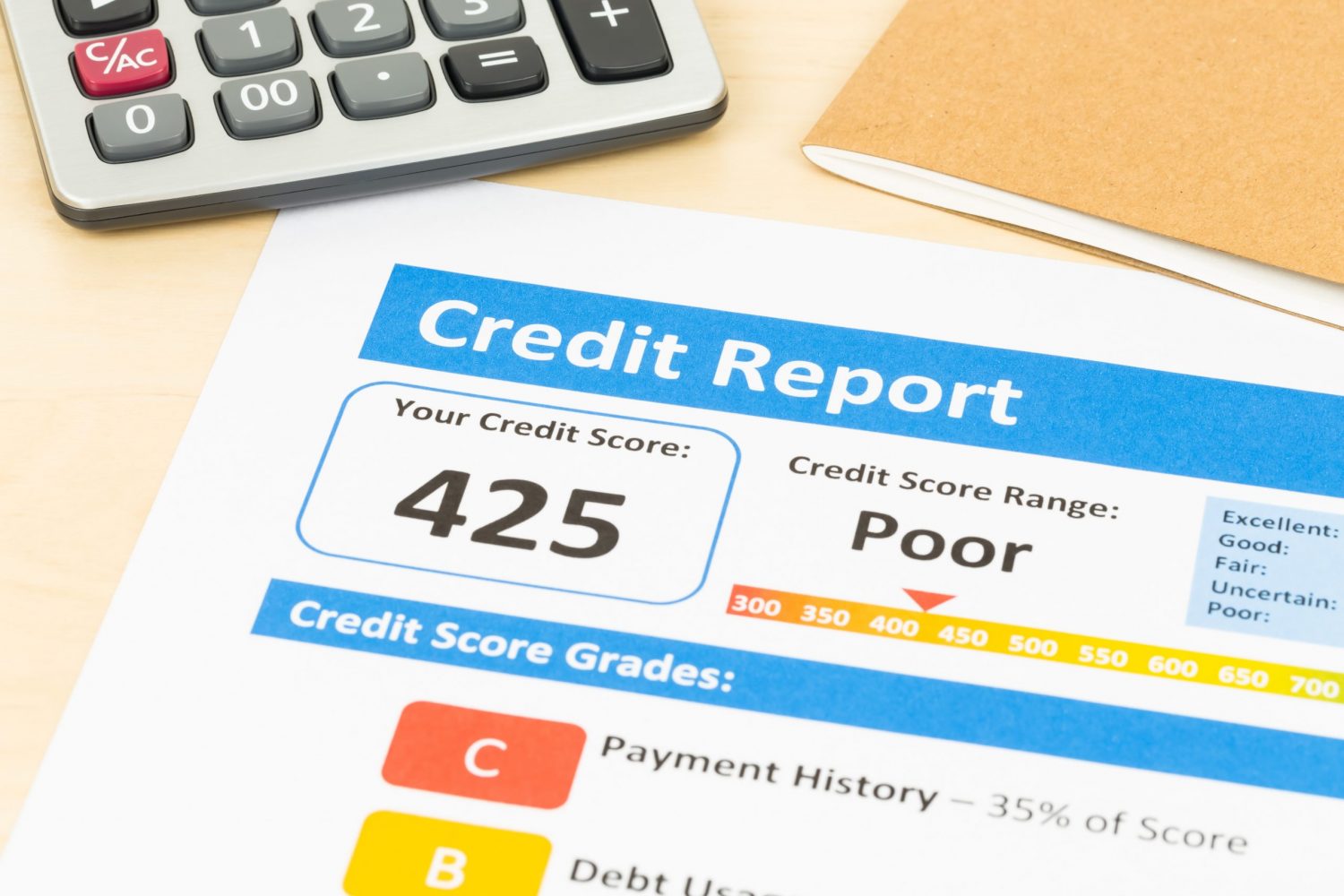As a college student with little to no credit history, credit cards can be a great way to start building your credit. Over time, you can boost your credit score, so you can buy a car or take out a loan for a house down the line.
Many credit card companies offer credit cards that are geared toward students and don’t require you to have much of a credit history. These cards typically have low credit limits and various benefits for students.
You do need to be careful, though. It can be easy to fall into the trap of borrowing more money than you can afford to pay back, which can hurt your credit for years to come. More than a third of college students are already carrying credit card debt, and high debt means lower credit scores.
A credit card can help you build credit if you borrow responsibly and make on-time monthly payments. More than one card can be hard to keep up with, however.
It can be tough to manage your payments if you have more than one credit card, and things can get overwhelming fast. As a college student, having only one card is usually best.
Benefits of Having a Credit Card as a College Student
Credit can act as a double-edged sword – you need credit to get credit, but you can’t get it if you don’t already have it.
A student credit card can help you build up your credit score, and they are often offered to college students with no or limited credit history. They frequently have lower credit limits and rewards for students, as well as competitive interest rates. Some also offer no penalties for your first late payment.
A student credit card is a fast and easy way to establish credit as a college student. But you must borrow responsibly.
Traps to Avoid
It may seem like if one card is good, more can be better. But it can be hard to keep up with more than one credit card and multiple card payments. This is especially true if you also have student loans and other monthly bills to keep track of. It can be very easy to fall into credit card debt with too many cards.
You can also end up borrowing too much, which can actually hurt your credit. Credit cards work by using what is called revolving credit. This means that you have a line of credit, so you can borrow up to a certain amount, and you can keep borrowing up to the limit. As you make payments, you can then borrow the money again.
For example, let’s say you have a credit line of $1,000, and you spend $200 at the grocery store. You now have $800 left to spend. If you make a payment of $200, your credit line will be reestablished at $1,000 and you can then borrow that $200 again.
If you borrow too much money (more than 20% to 25% of your credit line), you can actually hurt your credit. Lenders will not want to loan to you, and your credit score can go down. 
Missing payments, making late payments, and carrying too much credit card debt can also damage your credit score. More than one credit card can get you into debt faster and make it harder to climb out. The cycle of debt can be hard to break.
How to Borrow Responsibly and Build Your Credit
To use a student credit card to boost your credit score, it is best to stick to one card and use it responsibly. Follow these tips:
- Make your monthly payments on time.
- Pay down as much as you can afford on your credit card bill each month.
- Make more than the minimum payment. If you can, pay the entire credit card balance off each month.
- Only borrow what you can afford to repay each month.
- Choose a credit card that regularly reports your positive credit history back to the three major credit bureaus, so your credit score goes up faster.
More than half of Americans who have a credit card are in debt. One out of every 10 borrowers owes more than $5,000. 
If you carry a balance on your credit card, you are looking to have to pay around 15% in interest (or more), which can really add up and cost you more money out of pocket. Interest rates on credit cards are pretty high, and after the initial incentive period, rates can go way up. Missing payments and late payments can cause these rates to jump even higher and make it even more difficult to make your payments.
Credit card debt can get out of hand fast, especially if you have multiple cards to track. You should start with one card and see how that works before thinking about adding in other cards.
If you are extremely organized, able to work your budget, and can keep track of multiple bills all at once, you can consider adding in other cards. Just be sure to keep the balances low and make your payments on time.


